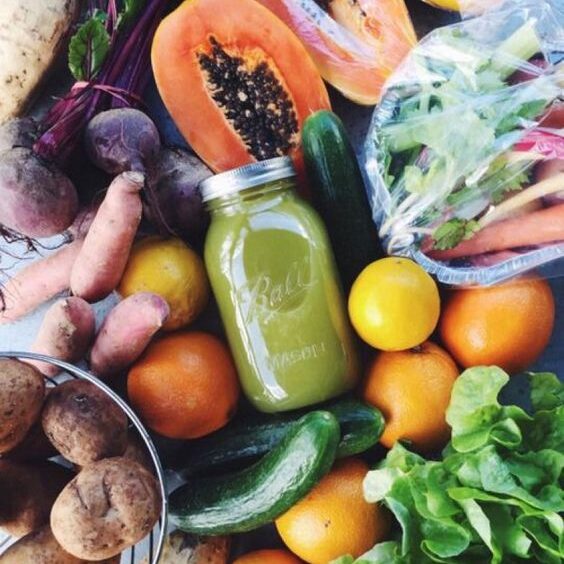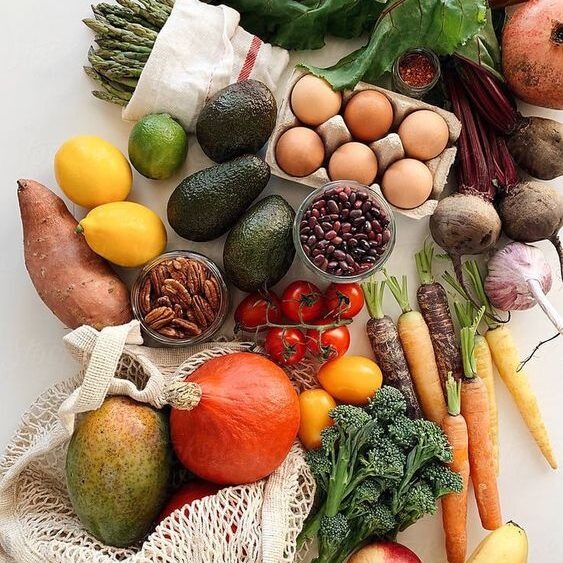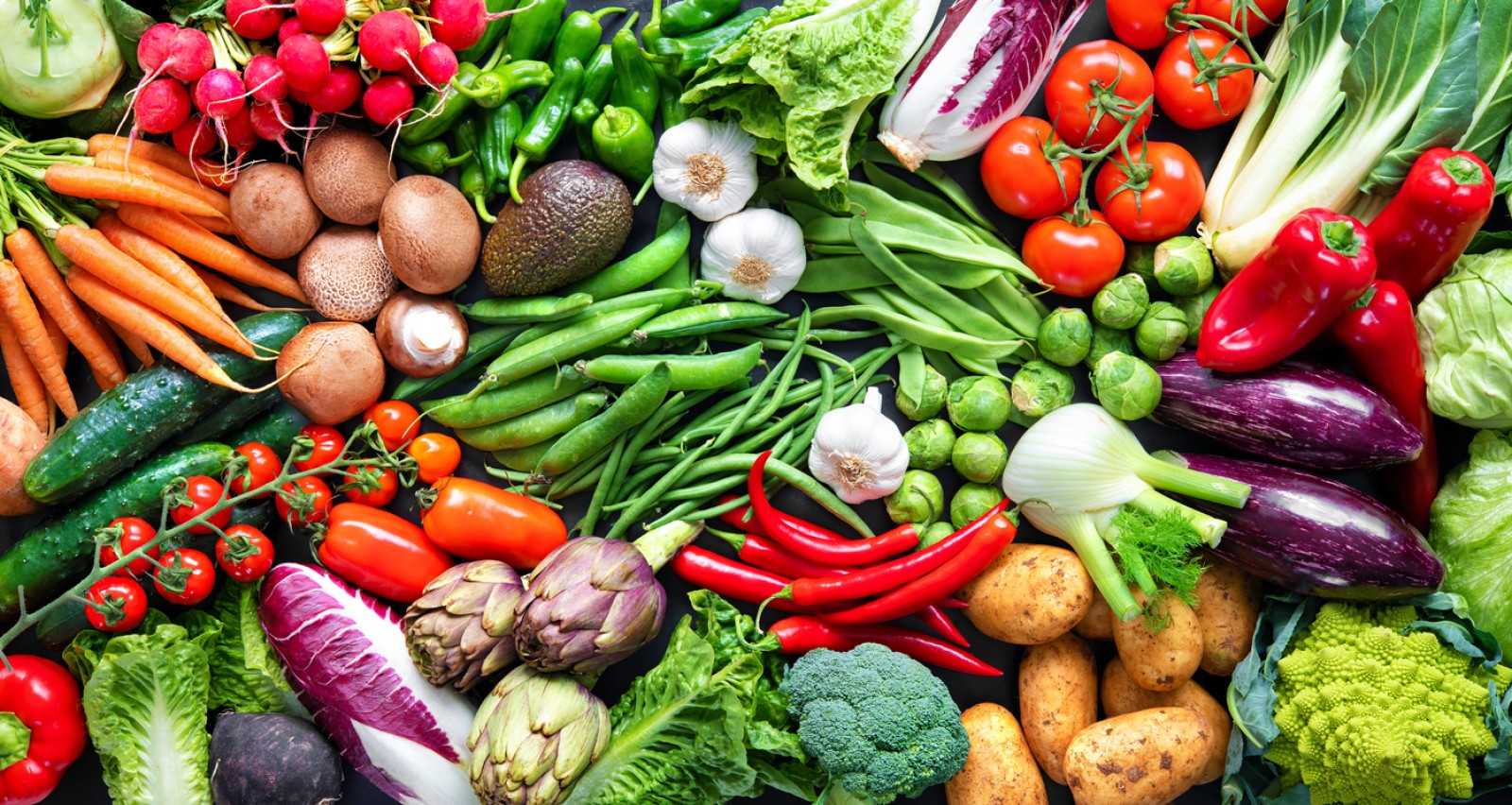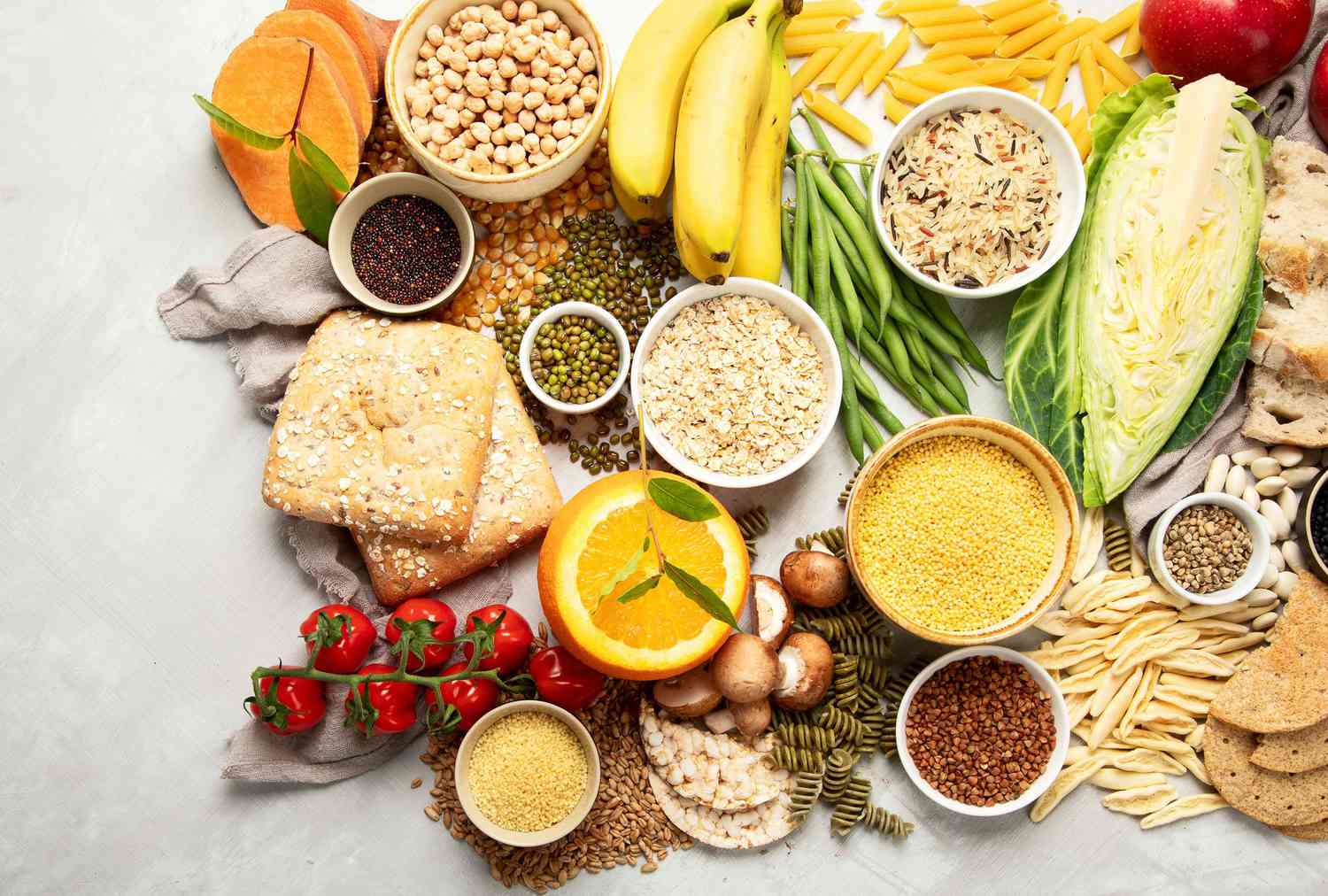Many people wonder if buying organic food is really worth the extra cost. Research shows that organic foods can offer health benefits, including lower pesticide levels and better nutrient profiles. As organic options become more popular, you might find yourself asking whether these benefits justify the higher prices.
When you choose certified organic products, you support farming practices that avoid synthetic pesticides and fertilizers. This means you’re not just caring for your health but also for the environment. With increasing concerns about food safety and sustainability, understanding the impact of your food choices has never been more important.
As you seek clarity on whether bio food is a smart choice for you, consider the facts. The right information can help you make informed decisions about what goes on your plate.
Key Takeaways
- Organic food often contains fewer chemicals and pesticides.
- Healthier farming practices promote a better environmental impact.
- Understanding the benefits can help you make smarter food choices.
Understanding Organic Foods
Organic foods are those grown and processed according to specific guidelines. They focus on health benefits, safe farming practices, and sustainability. Organic produce is often viewed as a healthier choice, but it’s essential to know what makes food organic.
Certification and Standards
To be labeled as organic, food must meet strict standards set by the USDA. This ensures that products are grown without synthetic fertilizers and pesticides, genetic engineering, or ionizing radiation.
Key Points for Certification:
- USDA Organic Seal: This label indicates that products are at least 95% organic.
- Certified Organic: This means that the farm or facility has been inspected and meets USDA requirements.
- Transition Period: Farms must undergo a three-year transition to organic practices before receiving certification.
These standards help you make informed choices about the food you buy.
Organic Farming Practices
Organic farming employs methods that promote healthy soil and ecosystems. These practices aim to maintain biodiversity and improve environmental health.
Common Organic Practices:
- Crop Rotation: This method prevents soil depletion and reduces pest build-up.
- Composting: It enriches the soil with organic matter and nutrients.
- Natural Pest Control: Organic farms use non-synthetic methods to manage pests, such as encouraging beneficial insects.
By avoiding synthetic inputs, organic farming can lead to healthier produce. Understanding these practices helps you see the value in choosing organic foods.
Nutritional Advantages of Organic Produce
Organic produce often provides significant nutritional benefits. You may find higher levels of essential vitamins, minerals, and antioxidants compared to conventional options. This distinction can make a difference in your overall health and well-being.
Vitamins and Minerals Content
Organic fruits and vegetables tend to have higher vitamin and mineral content. For instance, studies show that organic produce often contains more vitamin C and iron. These nutrients are vital for your immune system and energy levels.
In addition, organic farming practices, such as crop rotation and natural fertilizers, contribute to healthier soil, which can enhance the nutrient profile of the crops. This leads to more nutrient-dense food on your plate.
Presence of Antioxidants and Omega-3s
Antioxidants are compounds that protect your body from harmful molecules called free radicals. Organic foods are often richer in antioxidants. This is crucial for reducing the risk of chronic diseases.
Moreover, organic animal products, like meat and dairy, typically have higher omega-3 fatty acids. You gain these beneficial fats when livestock are fed a natural diet, such as grass. Omega-3s support heart health and brain function, making organic choices important for your well-being.
Health and Safety Considerations
When deciding whether bio food is worth it, it’s important to consider the health and safety aspects. You should think about pesticide residues, chemicals used in conventional food, and the impact of antibiotics and genetic engineering.
Pesticide Residues and Chemicals
Conventional foods often have synthetic pesticides to manage pests. These chemicals can leave residues on fruits and vegetables. Some studies show that certain pesticides may affect human health.
The “Dirty Dozen” list highlights fruits and vegetables that tend to have higher pesticide levels. In contrast, the “Clean Fifteen” includes those with fewer pesticide residues. Organic farming limits or eliminates synthetic pesticide use.
Bio foods typically have lower pesticide exposure, which may be safer for you. However, organic foods can still contain natural pesticides, though they are usually considered less harmful.
Antibiotics, Hormones, and Genetic Engineering
Many conventional farms use antibiotics and growth hormones. These can help animals grow faster and prevent disease. However, there are concerns about antibiotic resistance and the long-term effects of hormones in food.
Genetically engineered foods are designed for better yields and pest resistance. While regulatory bodies like the FDA ensure safety assessments, some still question their long-term impacts on health.
Choosing bio food can reduce your exposure to these substances. Many bio food options avoid antibiotics and growth hormones, which may be beneficial to your health. Being informed about these factors allows you to make choices that align with your health needs.


Environmental and Agricultural Impact
The shift towards organic food raises important questions about its environmental and agricultural effects. Two key areas to consider are sustainability and biodiversity, and the impact on pollution and soil health.
Sustainability and Biodiversity
Organic agriculture promotes sustainable practices that can benefit the environment. By avoiding synthetic pesticides and fertilizers, you support a farming system that encourages biodiversity. This means a wider variety of plants and animals can thrive.
Organic farms often use crop rotation, cover crops, and natural pest control. These methods help build healthier ecosystems. They also strengthen the resilience of farming systems against climate changes. This focus on biodiversity not only aids in soil health but also supports wildlife habitats.
Pollution and Soil Health
You might wonder how organic farming impacts pollution and soil health. One major benefit is the reduction of chemical runoff, which can harm water bodies. Organic methods minimize pesticide use, leading to cleaner waterways.
Soil health improves as organic practices promote natural fertilizer sources, like compost. Healthier soil retains moisture and nutrients better, which is essential for plant growth. Improved soil quality can lead to better crop yields over time, making organic farming a worthwhile consideration for the environment.
Consumer Considerations in Buying Organic
When choosing organic foods, you should think about cost, accessibility, labeling, and shopping habits. These factors can help you make informed choices that fit your lifestyle and budget.
Cost and Accessibility
Buying organic can be more expensive than conventional foods. Prices for organic meat, dairy products, and grains often reflect higher production costs. You might find that local farmers or community-supported agriculture (CSA) programs offer better prices for fresh organic produce.
To save, look for sales at stores like Aldi or Costco, which often have lower prices on organic brands. You can also consider purchasing the items on the “Dirty Dozen” list as organic. This list identifies fruits and vegetables that tend to have more pesticide residues. In contrast, items on the “Clean Fifteen” list are safer to buy non-organic.
Labeling and Shopping Tips
When buying organic, it’s important to read labels carefully. Look for the “Certified Organic” seal, which means at least 95% of the ingredients are organic. Avoid products labeled “made with organic,” as they may contain non-organic ingredients.
Shopping at well-known grocery chains like Target or Walmart can give you access to a wider range of organic products. You can also explore local farmers’ markets for organic options that may be fresher and cheaper. Always compare prices and quality to ensure you get the best deal when buying organic food.
Frequently Asked Questions
Many people wonder about the value of bio food and its benefits. Here are common questions that can help you understand whether organic options are right for you.
Is it worth spending extra on organic food items?
Spending more on organic food can be worth it for some people. If you prioritize avoiding synthetic chemicals or supporting sustainable farming, organic options might be a good choice for you.
What are the benefits of eating organic over non-organic products?
Organic foods are often produced without synthetic fertilizers or pesticides. This means you could have fewer chemical residues in your diet. Additionally, many believe organic foods have better flavor and freshness.
Can consuming organic foods improve health outcomes?
Some studies suggest that eating organic foods may lower the risk of certain health issues. For instance, organic eaters have shown a reduced chance of cancer in some research. Still, more studies are needed to confirm these findings fully.
Are there significant differences in nutrition between organic and conventional food?
Research indicates there may not be dramatic differences in nutrition. Some organic foods have higher levels of omega-3 fatty acids and fewer toxic metals. However, the differences in specific nutrients can vary by food type.
What justifications exist for the higher price point of bio food?
Higher prices for organic foods often arise from more costly farming practices. Organic farmers rely on natural methods that can be less efficient than conventional farming. This leads to increased production costs, which is reflected in retail prices.
How does organic food production impact the environment compared to conventional methods?
Organic farming typically uses practices that are less harmful to the environment. This includes crop rotation, reduced chemical usage, and improved soil health. These practices can lead to biodiversity and lower pollution levels compared to conventional methods.





